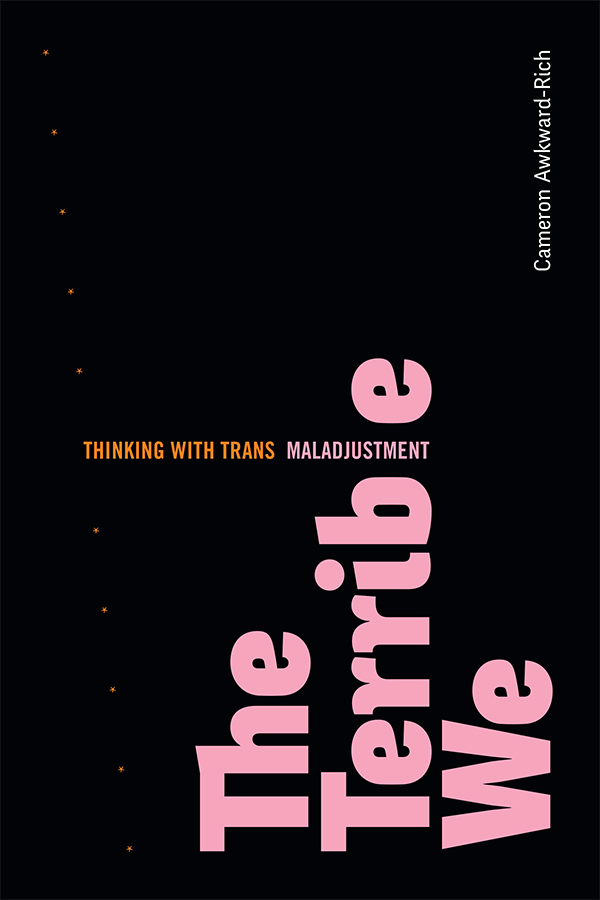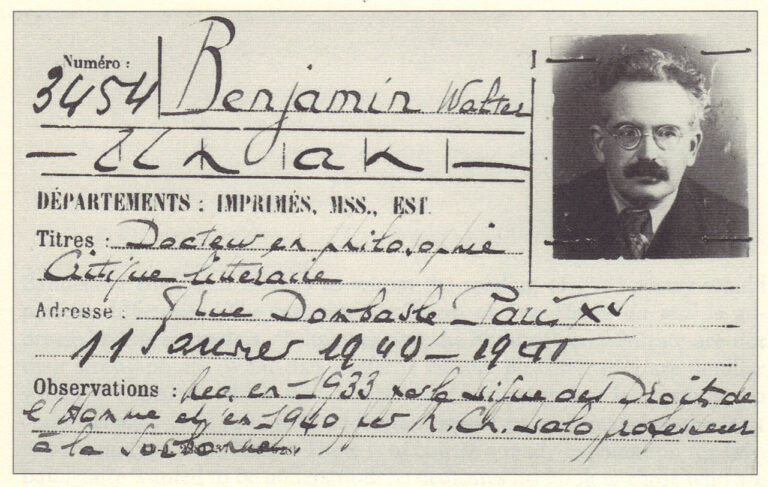Simultaneously a project of metacritical reflections about disciplinary foundations at the intersections of the academic fields of transgender studies, disability studies, and Black feminist studies, and a series of close readings of cultural texts and artifacts central to those disciplinary developments, Awkward-Rich’s book is intellectually generous, beautifully written, and deftly argued. Critically investigating the production of disability and transgender theories, forged interdependently and through distancing trans authority from the specter of madness and disability, The Terrible We traces conflicts among trans, queer, and feminist perspectives in closely reading foundational texts and cultural contexts. It presents an invitation to consider forms of maladjustment a productive resource rather than an impediment to trans life, thought, and creativity.
Keyword: theory
How to Do Things with Walter Benjamin
Walter Benjamin is now a common reference point within cultural studies. But while a considerable secondary literature has emerged around his work, efforts to build upon his contributions by operationalizing the method they elaborate have remained relatively rare. Nevertheless, I maintain that it is solely through such operationalization that Benjamin’s intellectual project can truly be understood. In this article, I provide a sketch of Benjamin’s intellectual biography—with particular emphasis given to the purported tension between his metaphysics and his materialism—to highlight the overarching methodological coherence of his approach. In conclusion, I demonstrate how this method might be operationalized by cultural studies scholars today.
Introduction: Theory and Method
The Theory and Method Thread of Lateral launches its first publication with two essays, one by John Mowitt of Cultural Studies and Comparative Literature at University of Minnesota and one by Jared Sexton, Director of African American Studies, School of Humanities at University of California Irvine. Together their essays along with responses by Christina Sharpe of American Studies at Tufts University, Adam Sitze of Black Studies and Law, Jurisprudence and Social Thought at Amherst College and Morgan Adamson of Cultural Studies and Comparative Literature at University of Minnesota, all take theory to one of the most pressing, worldly and yet intimate, of issues faced by each of us, whether working in and/or outside the academy: that is, the conditions of study, or studies, in the University.


